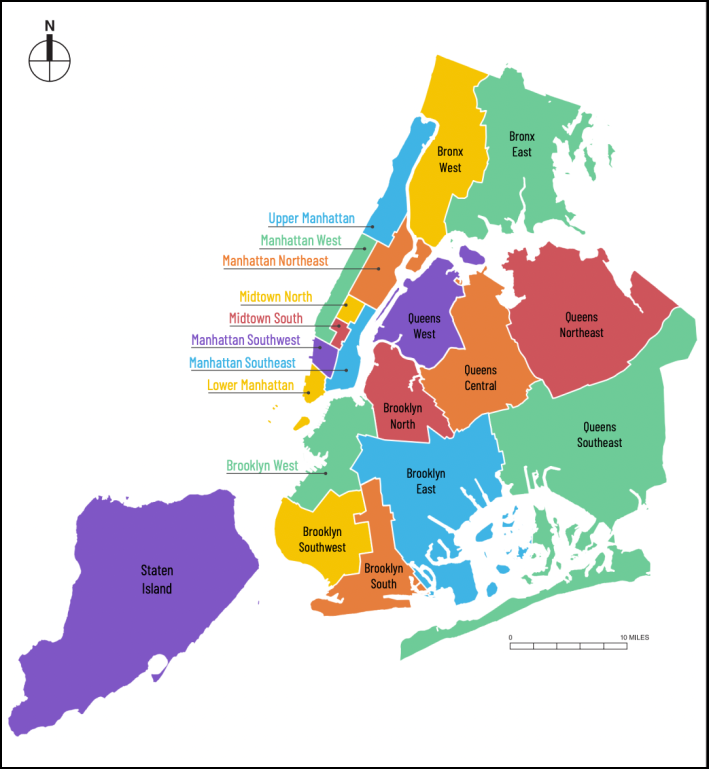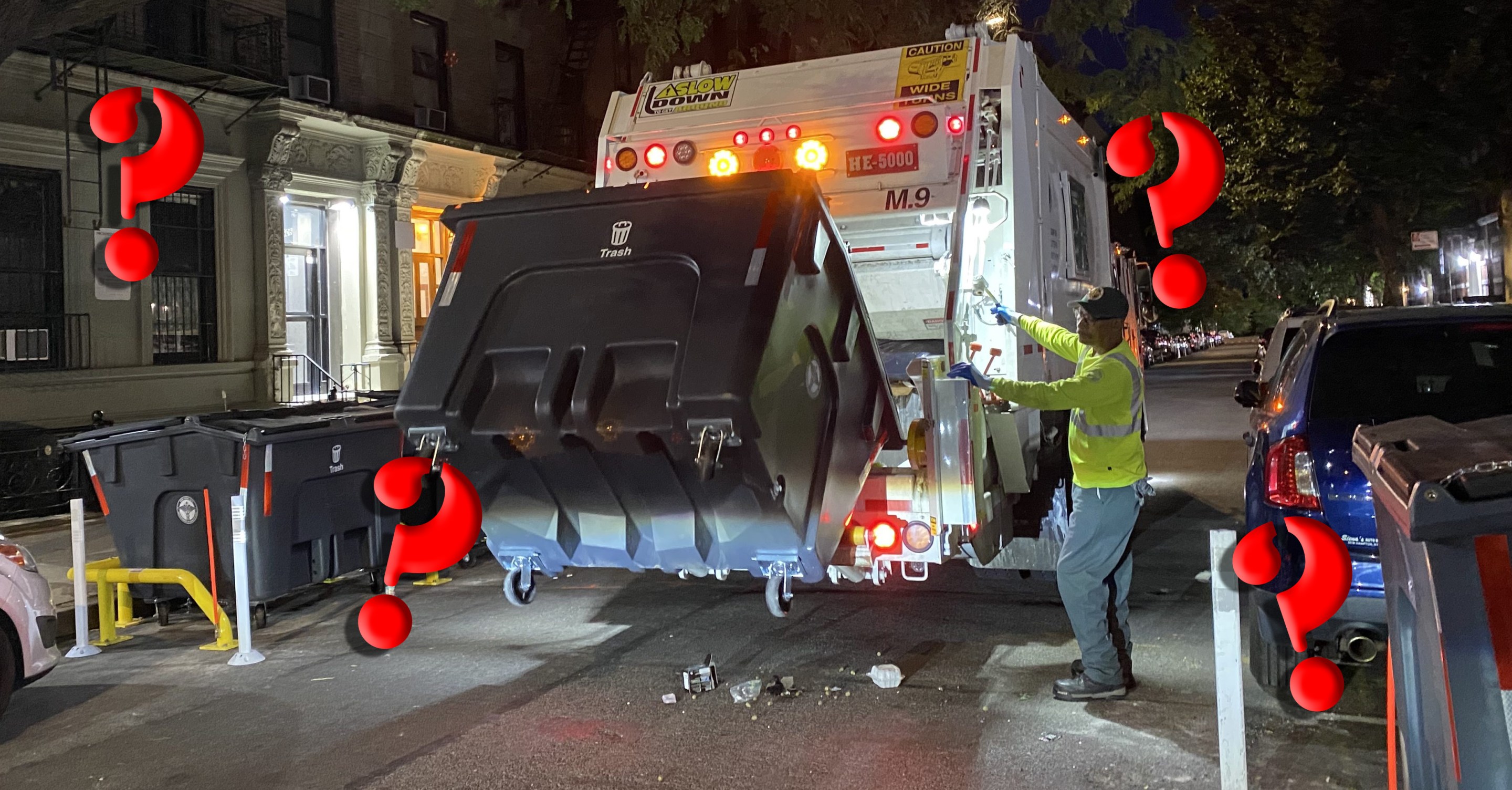The Sanitation Department has provided few details about how its commercial waste zone initiative will rein in the private carting industry and reduce truck mileage when a small part of the program finally launches later this year, advocates said on Monday.
DSNY will start one waste zone in central Queens this fall, but the agency has yet to say when the other 19 zones will begin or even how the agency will measure the program's success.
“The [commercial waste zone] system cannot achieve the transformational change ... if it is treated as a limited pilot program rather than a citywide transition to a new, high-performing waste system,” said Justin Wood, director of policy at the New York Lawyers for the Public Interest, at a public hearing.
The Council originally passed the commercial waste reforms in 2019, but it faced years of delays.
New York's Strongest in January finally unveiled its initial phase in Jackson Heights, Corona, and Elmhurst to launch after Sept. 3, along with a list of contractors for all the other waste zones — including at least one company with a history of fatal crashes.
But at the virtual feedback session about the rules for the initial area, Brooklyn Borough President Antonio Reynoso called DSNY's proposal a "missed opportunity" to clarify how it will judge whether the Queens phase works, how it will do outreach and education in the area, and whether there will be sufficient outside oversight.
“Due to the delayed timeline ... it is even more important that we get this done quickly, and get it done right,” Reynoso, who authored the law as a Council member, said in a statement. “This means providing transparency and accountability at every step of DSNY’s implementation of this transformative program."
The current city goal is to slash the number of vehicle miles traveled in half — the equivalent of 12 million fewer miles — agency officials have said. That falls short of the 78-percent drop originally proposed in Manhattan.
The five-year-old legislation aimed to better regulate the Wild West conditions of the roughly 90 waste hauling companies barreling down neighborhood streets and killing residents, its supporters said. Many haulers operated in each neighborhood. Going forward, only three companies will operate in each of the 20 zones.

The legislation also required more oversight for working conditions and diverting organics and recycling from landfills.
The agency has refused to say how much driving it wants to reduce in the Queens neighborhoods specifically. There is no public schedule yet for the other 19 areas of the city, and DSNY Commissioner Tisch told the Council last year that she may adjust timelines if needed.
So who knows what's going to happen?
“If the move to three designated carters in this zone does achieve VMT reductions, it’s only one-20th or less of the VMT reductions we can achieve citywide,” Wood told Streetsblog. “Until we know more about how exactly these awards were made and what the expectations are in this first zone we don’t really know.”
The agency also hasn't published any requirements or commitments by the 18 contractors to achieve the reforms, or clarify how officials chose them.
One of the haulers selected for the job is Action Carting, the private trash company whose driver killed cyclist Neftaly Ramirez in Greenpoint in 2017. The firm was awarded contracts for 14 of the 20 zones.
Other companies have a history of subcontracting out work. One such company, Recycle Track Systems, got a contract for three of the zones and is one of five companies the city picked for citywide containerized collection.
Wood worried that subcontractors could lead to worse outcomes.
“We remain concerned that some designated haulers currently acting as brokers may utilize subcontractors that could undermine the high environmental and labor standards,” he said.
Recycle Track Systems did not respond to a request for comment.
The commercial waste zone law also required the city to regularly convene a task force about the program, but that oversight body has not met in two years.
Nor has Sanitation shared plans to do outreach and education among businesses about the changes.
“We have seen none of this, despite the very long runway between passage of the bill and implementation, leaving business owners confused,” Reynoso said.
DSNY spokesman Vincent Gragnani said the task force meetings were “on pause” to “prevent potential conflicts in the procurement,” adding that the agency is scheduling the next get-together.
And all subcontractors must also be approved by the agency, added Gragnani.
“The law applies to all companies, and all companies will be held to the same safety and worker protection standards spelled out in the law” the rep said.






